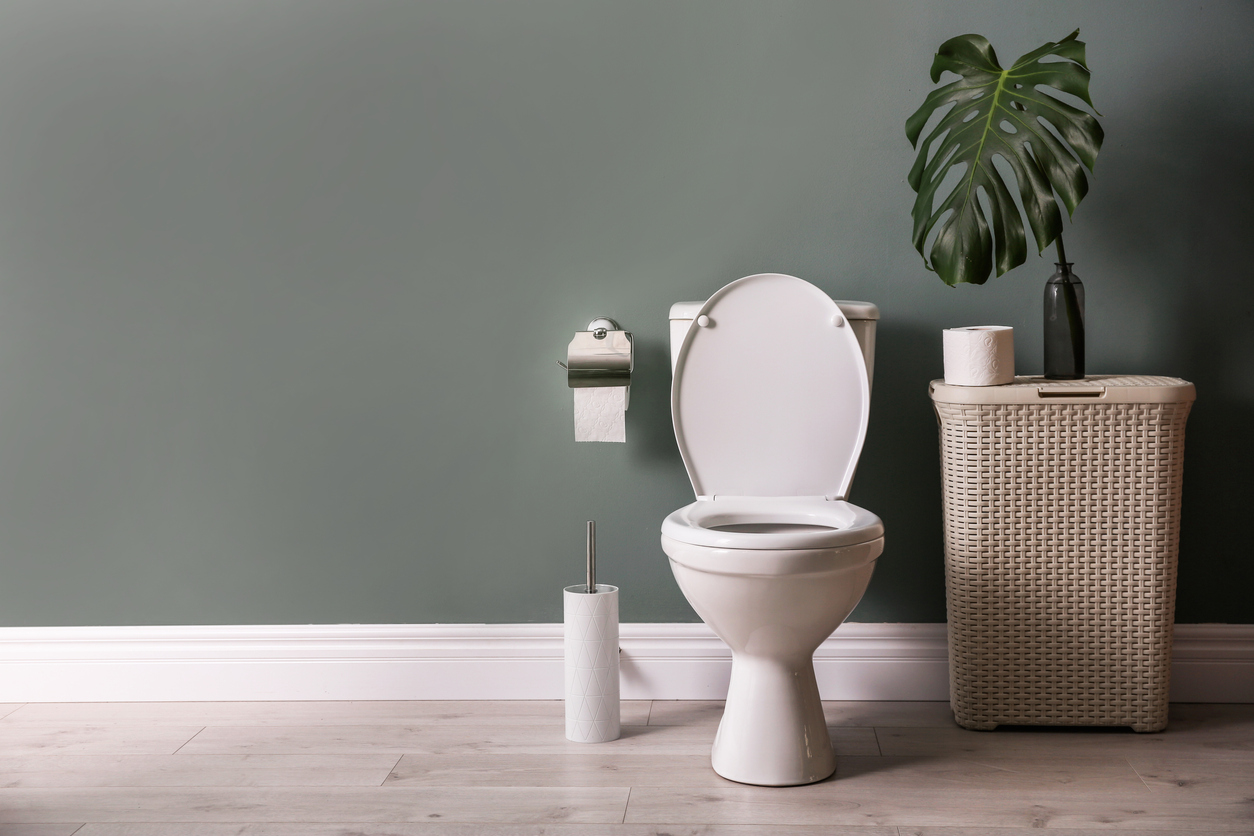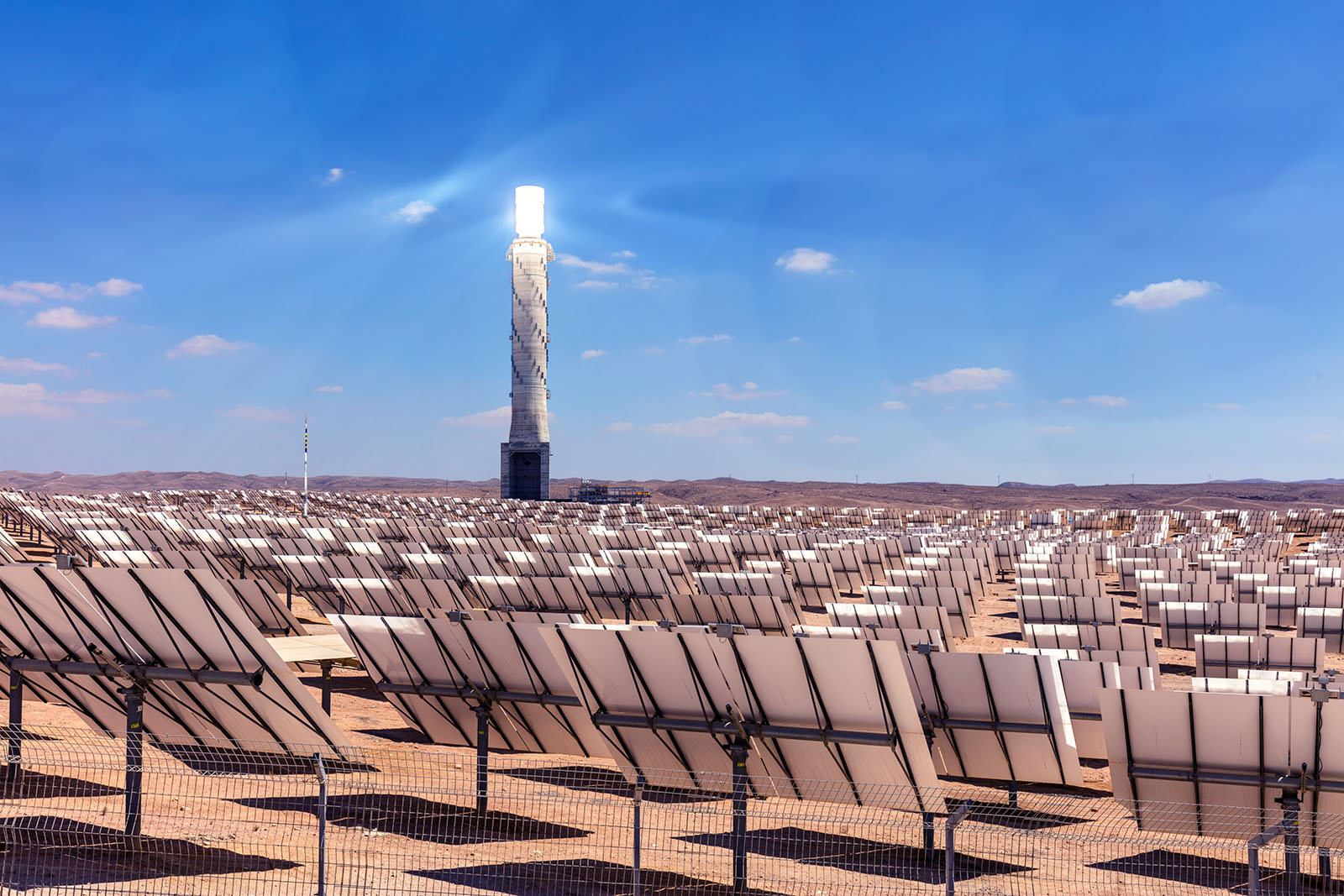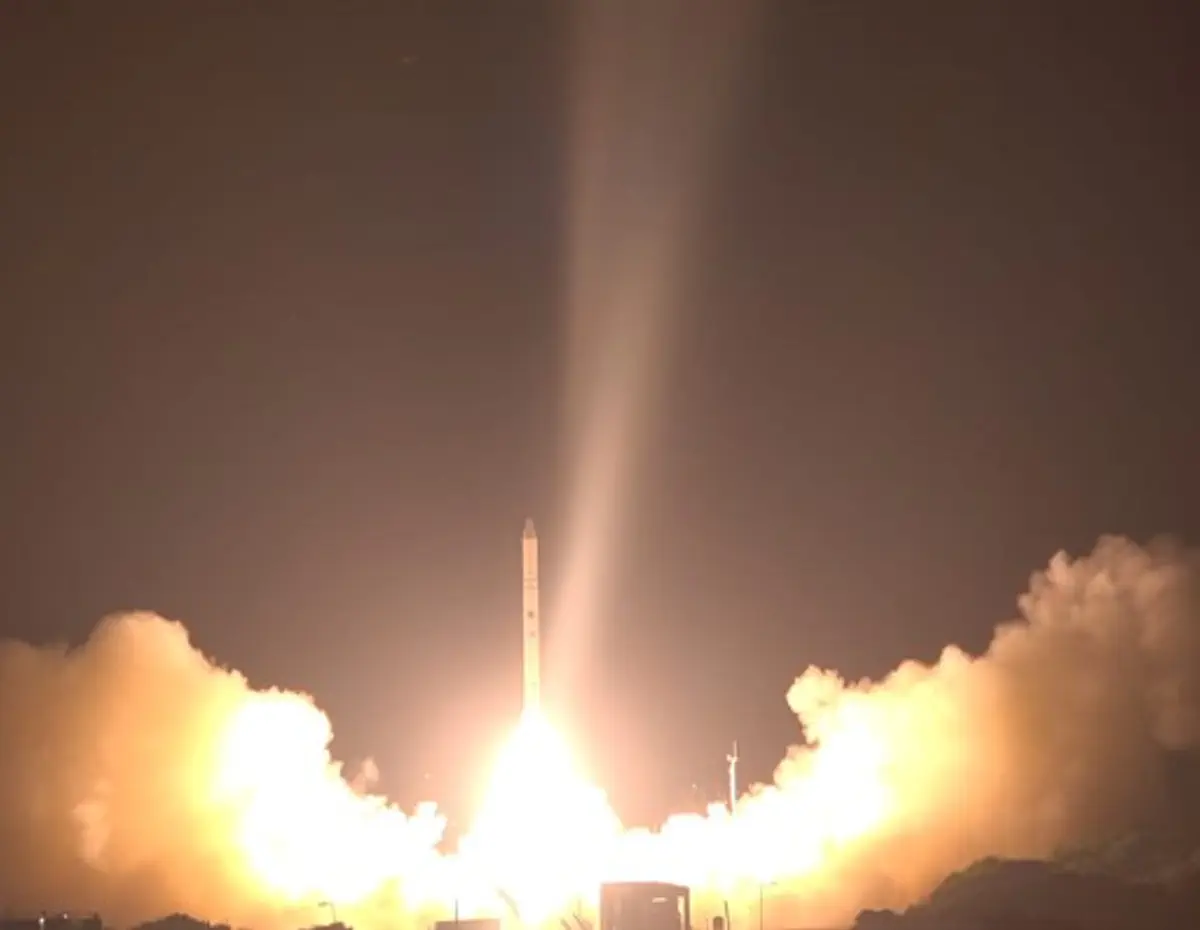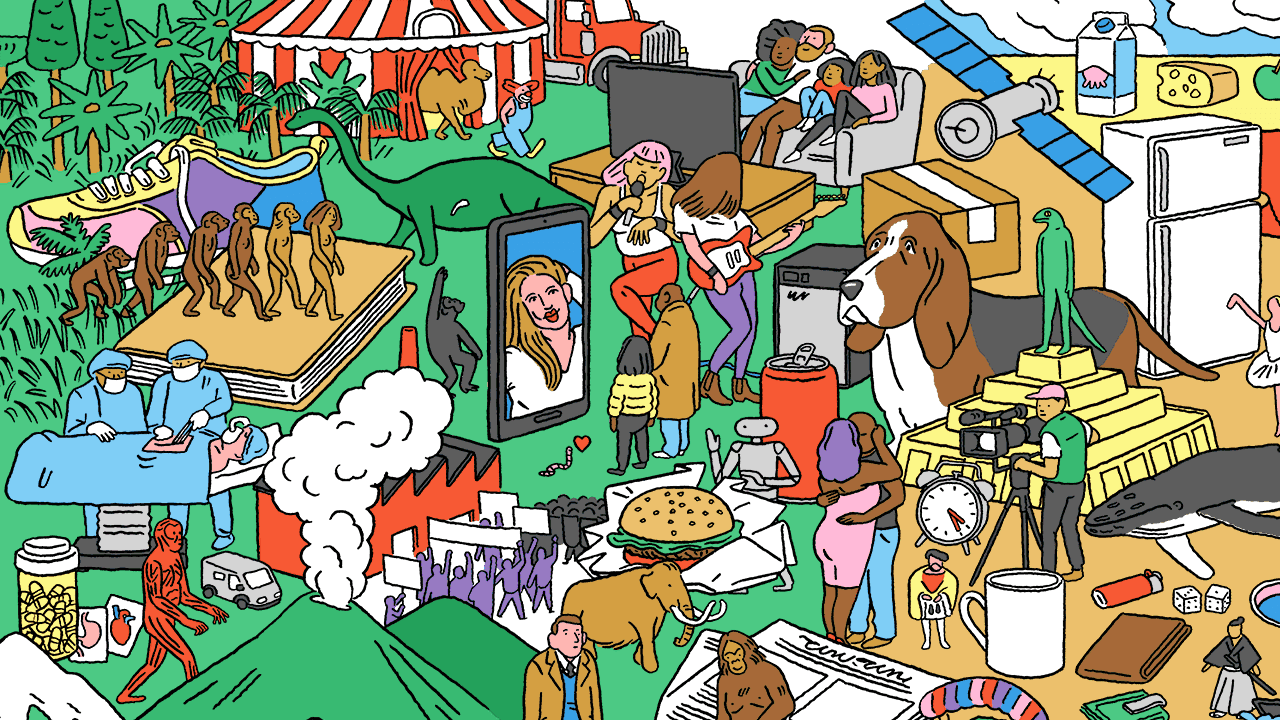rylah
Gold Member
- Jun 10, 2015
- 21,143
- 4,483
- 290
- Thread starter
- #81
Israel Plans to Go Back to the Moon … And Stick the Landing This Time
Israel had pinned its hopes on becoming the fourth country to land softly on the moon, and although the country's team failed on the first try, it still intends to try to claim that coveted title.
The Beresheet mission attempted its landing in April, but a computer glitch late in the process meant the spacecraft didn't slow down properly during its descent. Six months later, a representative of Israel's government-owned aerospace manufacturer gave attendees gathered here for the 70th International Astronautical Congress a recap of what went wrong — and an introduction to what Israel hopes to do next at the moon attempt landing." (The slides he presented added to that list the claim that Israel became the third nation to land too fast on the moon.)
.
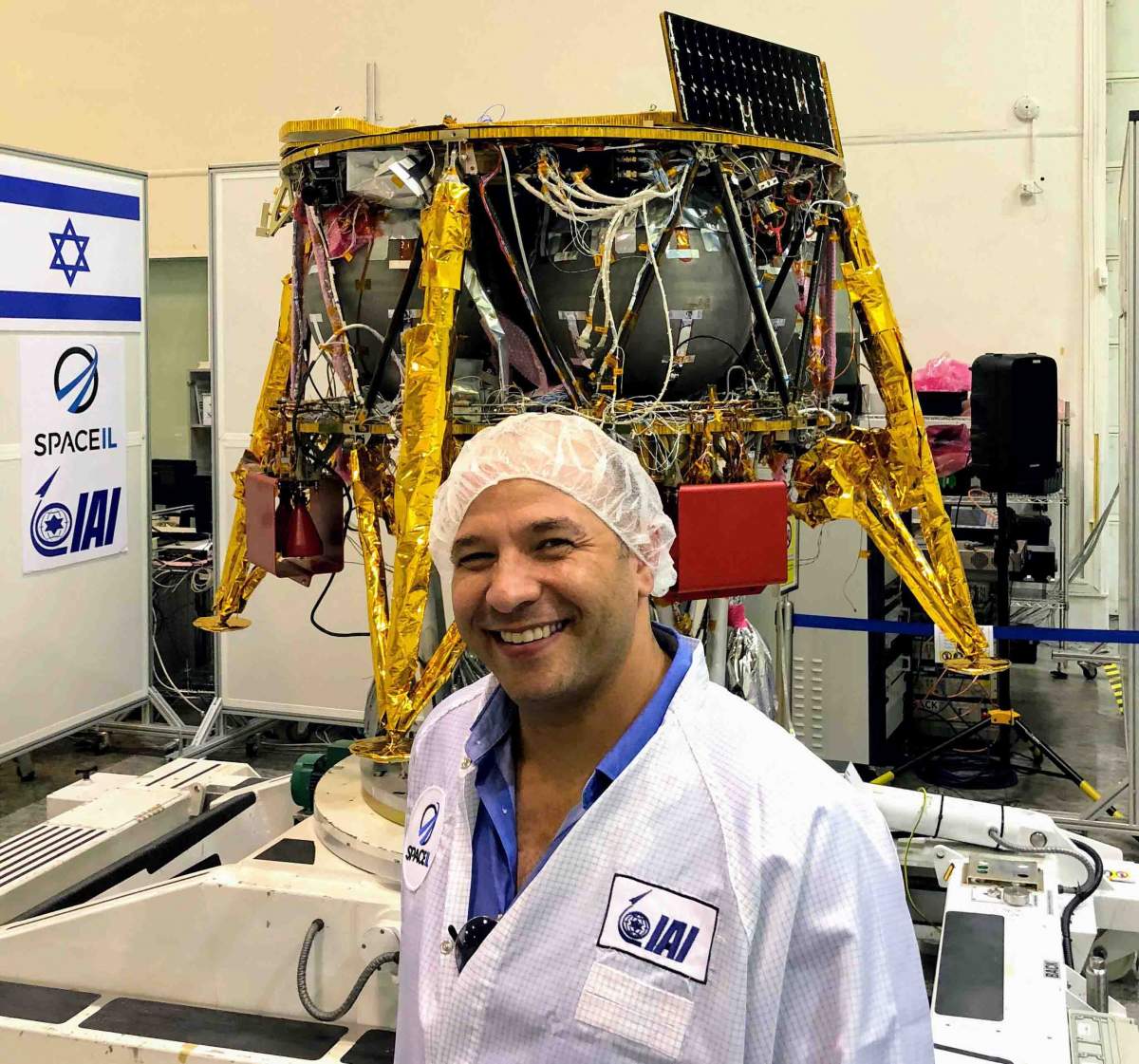
Full article: Space.com
Israel had pinned its hopes on becoming the fourth country to land softly on the moon, and although the country's team failed on the first try, it still intends to try to claim that coveted title.
The Beresheet mission attempted its landing in April, but a computer glitch late in the process meant the spacecraft didn't slow down properly during its descent. Six months later, a representative of Israel's government-owned aerospace manufacturer gave attendees gathered here for the 70th International Astronautical Congress a recap of what went wrong — and an introduction to what Israel hopes to do next at the moon attempt landing." (The slides he presented added to that list the claim that Israel became the third nation to land too fast on the moon.)
.

Full article: Space.com

